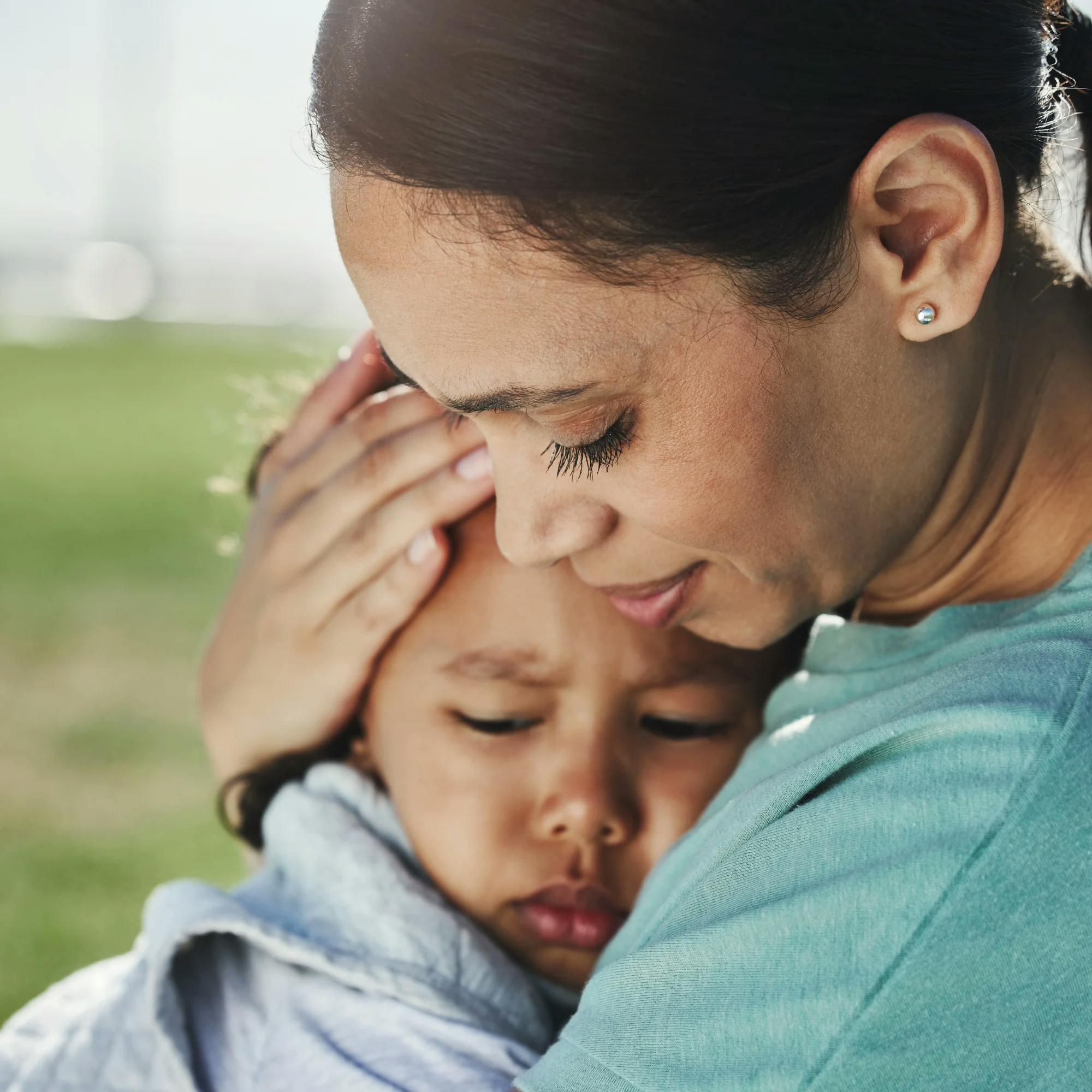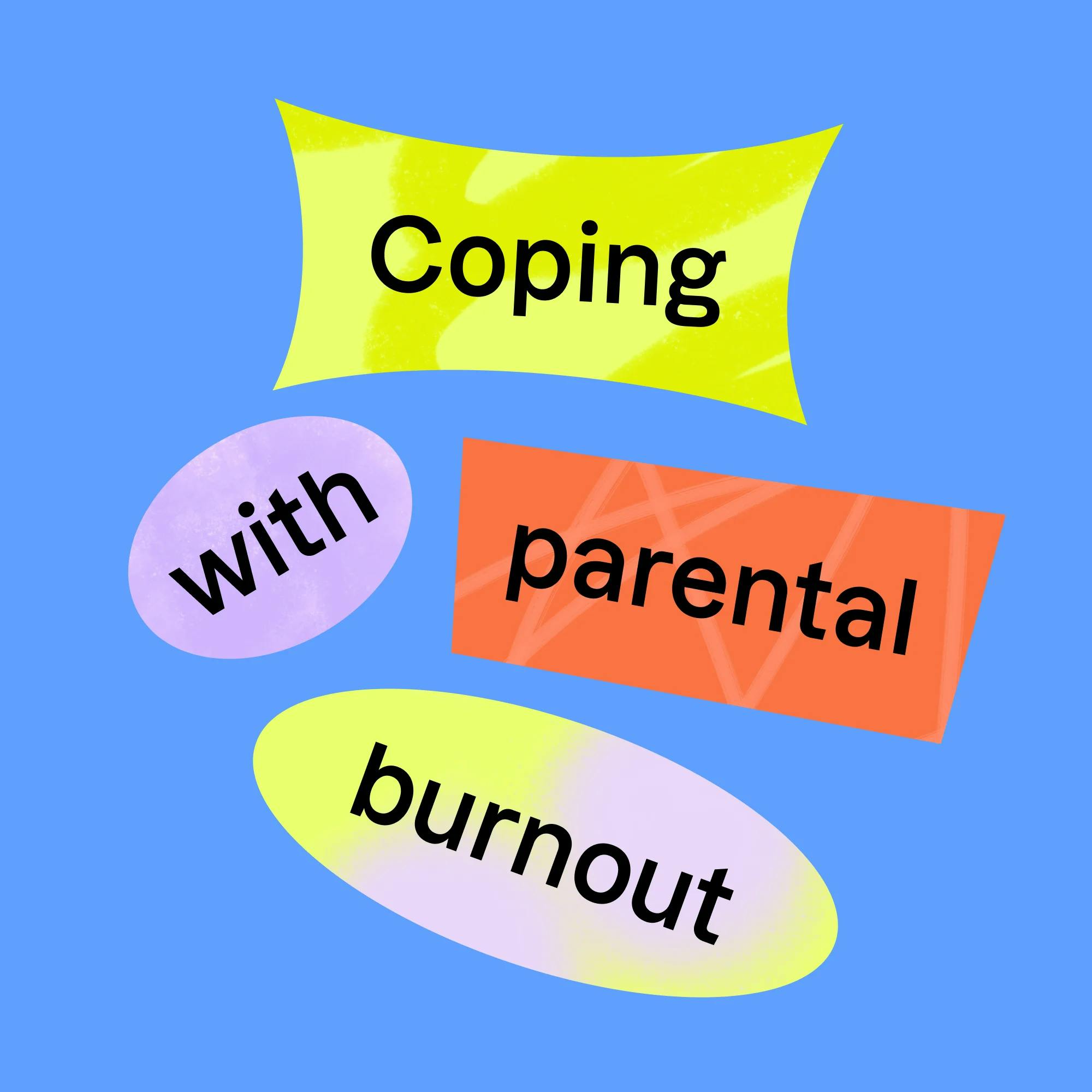Active play is something many children enjoy. And as with many other things in life, accidents can happen. Because the brain is so delicate, it’s important for parents and caregivers to know the risks and potential long-term effects of a head injury.
A pediatric traumatic brain injury (TBI), such as a concussion, can be an overwhelming experience for families. The effects of a head injury can be both immediate and long-lasting, impacting the child’s development and well-being.
In this article, we explain the signs and symptoms of a brain injury in children, what to expect after a TBI, as well as how parents can support their child as they recover.
Looking for a speech therapist?
Teletherapy makes it easy. We serve families with a range of speech, language, and feeding needs across the U.S. Get started today!
 Find a speech therapist
Find a speech therapistWhat causes a TBI?
A traumatic brain injury impacts the brain’s normal function. A brain injury can be caused by a bump, blow, or jolt to the head, or by a hit to the body that causes the head and brain to move quickly back and forth. A concussion is one type of TBI.
Here are the most common causes of TBI in children:
Ages 0-14: Falls and being struck by or against an object
Teens and young adults (ages 15-24): Falls and car accidents
What are the symptoms of a TBI in children?
The symptoms of a TBI and concussion are different for each child. TBI symptoms depend on the part(s) of the brain that were damaged and the severity of the injury. Symptoms may include:
Physical problems, such as dizziness, tiredness, headaches, being bothered by light or noise, or vision problems
Problems with memory, attention, concentration, or thinking clearly
Mood changes such as feeling anxious, irritable, or sad
Having a hard time falling asleep, or sleeping more or less than usual
A child’s brain is still developing, and the effects of a TBI may not all be obvious right away. Children often aren’t able to communicate clearly, so they may have a hard time telling you how they feel after they fall or are injured. In addition, some early signs of a TBI in young children may be confused with “normal” behaviors in children this age, such as crying or clinginess.


The possible effects of TBI in children
Children are resilient, and many will recover from a brain injury. However, TBI symptoms can change over time, disrupting a child’s development. A brain injury can cause challenges later in a child’s life, including:
Academic problems (such as difficulty learning new information at school)
Emotional or behavioral problems
Difficulty interacting with other people, leading to social isolation
Brain injury in children is considered a “chronic disease process.” This means it is not a one-time event. It requires ongoing monitoring and evaluation by healthcare professionals in order to support the child’s needs as they grow and experience different challenges.
Parents play a key role in observing their child after a brain injury or concussion! Make notes of any changes in your child and how their skills might differ from the expected milestones for their age.


What parents can do if their child has a TBI
A traumatic brain injury or concussion is scary. Fortunately, there are many professionals trained to care for children. But most of the recovery process will happen at home, after they leave the doctor’s office. Here are some things parents and caregivers can do for their child after a TBI.
Monitor your child
It’s important for caregivers to monitor their child as they grow. You can do this by noting any physical, cognitive, and behavioral changes you see in your child and reporting any concerns to your pediatrician. Be sure to keep records of medical care for the head injury.
Communicate with your child’s doctor and school
Stay in regular communication with your child’s pediatrician and attend all appointments. It’s also a good idea to communicate with your child’s school. Tell the teachers about the TBI and ask them to tell you about any changes they notice in your child. Share any updates from your child’s doctor as needed.


Advocate for your child
Children who have challenges with schoolwork or behavior may be eligible for special education services. These might include an individualized education plan (IEP), 504 plan, therapy services, and other support in school. Parents should ask for accommodations to support their child’s needs, such as extra time on tests or more breaks throughout the day.
Seek out services that meet your child’s needs
Speech therapy can be incredibly helpful for children who have had a TBI. A speech therapist can focus on improving your child’s communication skills and swallow function. They can also help your child communicate in different ways if needed. After a brain injury, speech therapy can enhance a child’s quality of life and help them reach their potential for recovery.


TBI resources for parents and families
The recovery process from a TBI is unique to each child. Education and support for families is a big piece of the recovery process. When parents understand the effects of a brain injury or concussion on their child, they can find the right services to help them. TBI support groups are a great way for families to access resources and find a community.
Here are some educational and support resources:
Support for TBI:
Education on TBI:
The more parents and caregivers know, the better they can help their child.
How Expressable Can Help
Concerned your child isn't reaching age-expected milestones? Looking for communication support from a professional? Expressable is a national online speech therapy practice serving children and adults. We treat all major areas of communication and feeding, offer flexible hours including evenings and weekends, and accept most major health insurance plans. We’re proud to have earned more than 3,000 5-star reviews from our clients (4.9/5 average).
Our therapy model is centered on parent and caregiver involvement. Research proves that empowering caregivers to participate in their loved one’s therapy leads to better outcomes. That’s why we combine live, 1-on-1 speech therapy with personalized education and home practice activities for faster progress.
Communication is more than words. It’s how we share how we feel and show who we are. We’re here to help you or your child do just that.

 Alexis Irazoque, M.S., CCC-SLP
Alexis Irazoque, M.S., CCC-SLP








